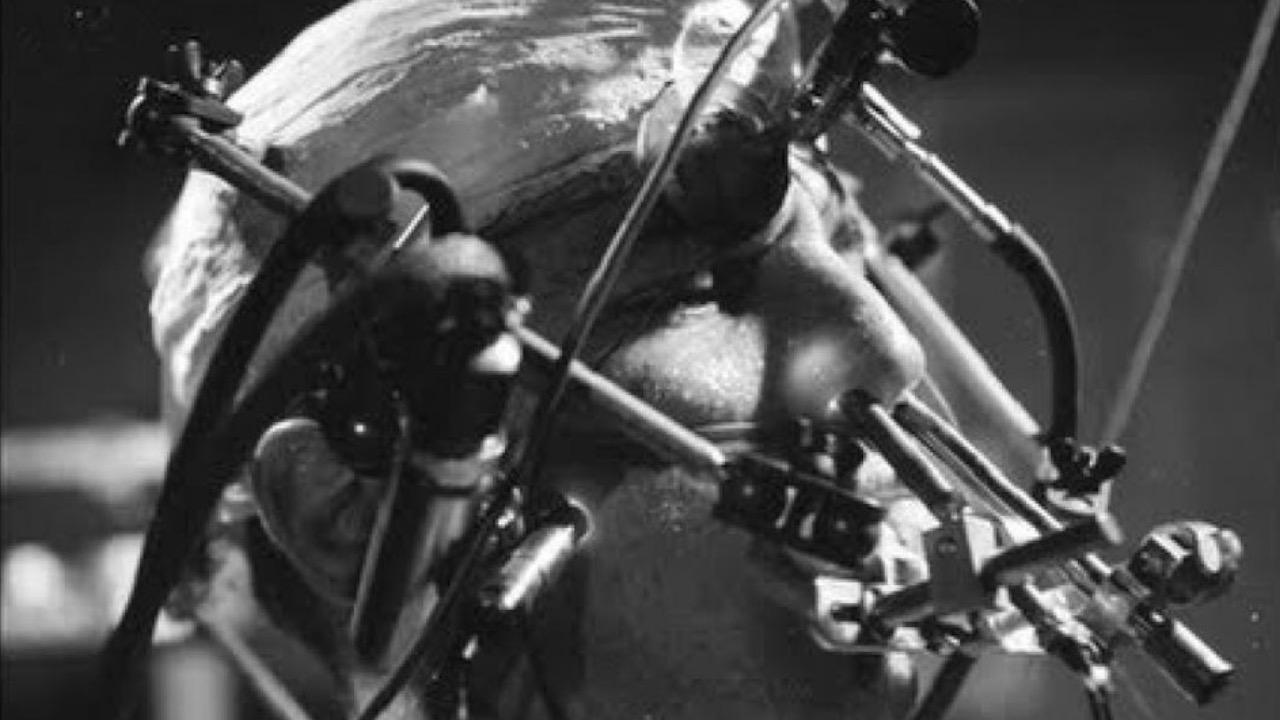By Andreas Gkoumplias,
One of the most interesting and controversial topics in scientific history is whether to be able to perform scientific experiments to other human being in the name of scientific progress is considered right or wrong, ethical or not. For years, people have wondered whether it would be too farfetched to conduct scientific experiments to people, in order for science and remedies to evolve and adapt faster, so as to assist more and more people in the process.
History shows that people have been going down the same path (that is, to test subjects onto people) for a long period of time. For example, it is well known that in the 1940s prisoners in the USA have been infected with malaria, in order to test for anti-malaria drugs. Or, at the same period of time, Nazis in Germany were performing various experiments onto people gathered in concentration camps. The general idea behind these situations is the search for something far more reliable than lab rats, as sometimes results differ greatly.
Per the Nuremberg code, a 10 point statement by the Nuremberg Military Tribunal and addressing the aforementioned human experiments conducted by Nazi physicians during the 2nd World War, human experimenting ‘’… requires subjects to have decision-making capacity and to be able to consent freely, without “the intervention of any element of force, fraud, deceit, duress, over-reaching, or other ulterior form of constraint or coercion.” Subjects must be given information about the nature, methods, duration, and purpose of the experiment, and about all reasonably anticipated risks, harms, inconveniences, and health effects, in order to enable them to choose with understanding about their participation. Subjects must be able to withdraw from participation at any time.’’

However, in modern society, sometimes things are a lot different than that. While there are doctors that abide by the previous statement sometimes human experimenting goes all wrong. In order to obtain certain and more reliable results, some people don’t hesitate at all to violate the right of the human subjects to the exact extent of damage that could be done with the experiment, or to how reversible the potential damage could be, or if the experiment could have fatal effects and so on. Withholding the truth from the subject or withholding all potential outcomes is and should be considered a violation of human rights and a violation of the ethics code.
So on the one hand we have the so-called ‘’social benefit’’ and on the other hand we have the transparency and the need to be as ethical as possible towards those patients. It goes without saying that both are important, however, as far as I am concerned, risking human lives to save human lives should not be seen as THE main way to do things.
Surely and fortunately enough, human experimenting can be very beneficial and in some cases an indispensable asset towards producing certain remedies but it should remain a secondary alternative, and when used, the patients MUST be able to decide for themselves whether to opt for it or not.
References
- Resnik DB. Social Benefits of Human Subjects Research. J Clin Res Best Pract. 2008 Nov 1;4(11):1-7. PMID: 24526930; PMCID: PMC3920587.
-
Unethical experiments’ painful contributions to today’s medicine. edition.cnn.com. Available here
- National Research Council (US) Committee on Evaluation of 1950s Air Force Human Health Testing in Alaska Using Radioactive Iodine-131. The Arctic Aeromedical Laboratory’s Thyroid Function Study: A Radiological Risk and Ethical Analysis. Washington (DC): National Academies Press (US); 1996. 3, The Ethics of Human Subjects Research.




